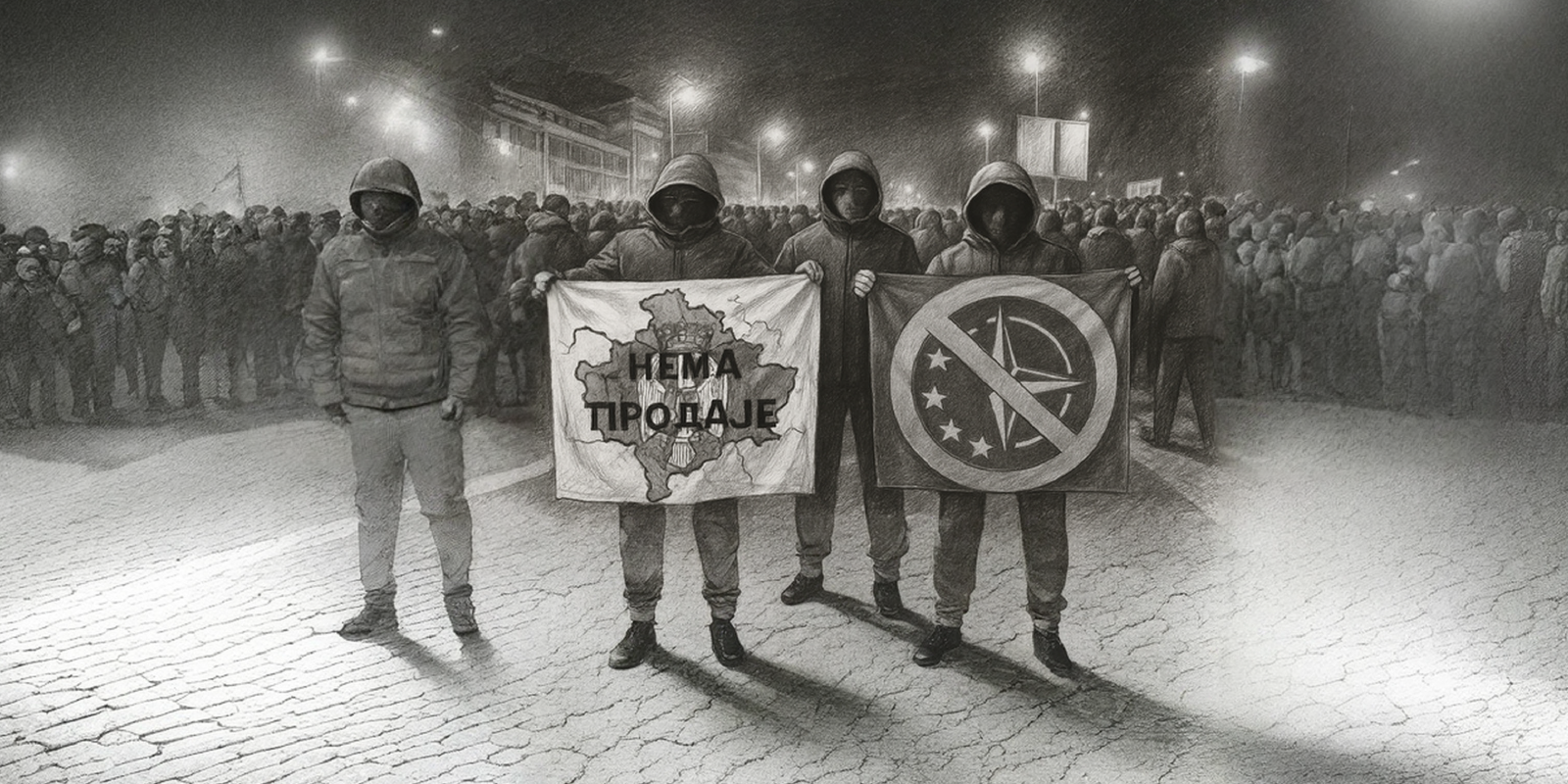PUBLICATION: Analysis
Balkan Defence Monitor 2024
We present you the new Balkan Defence Monitor - independent and comprehensive source of information regarding defence topics in the region.
The Balkan Defence Monitor is a regional report aiming to provide a comprehensive and credible annual update on defence sector in the six Balkan countries (Albania, Bosnia and Herzegovina, Croatia, Montenegro, North Macedonia and Serbia). The third edition of the Balkan Defence Monitor once again highlights the need to address the lack of information and transparency related to defense policies and the importance of providing evidence-based alternatives to the existing narratives in the Balkans region.
Amid the ongoing wars in Ukraine and Gaza, and the EU’s attempts to establish itself as an independent security provider, the defence issues are once again at the forefront of discussions. With Bosnia and Herzegovina and Serbia remaining non-NATO members and other Balkan countries aiming to affirm their commitment to NATO in the current geopolitical circumstances, the Balkan region must determine its position in the European security order. The focus is on enhancing the Balkan countries’ combat readiness, whether through an increase in defence expenditures, more international military exercises, or announcements of potential reinstatement of military conscription in Serbia.
The Balkan Defence Monitor 2024 applied the same methodology as in the case of its previous iterations of 2022 and 2023, a methodology based on analysing data provided by the Ministries of Defence (MoDs) of the Western Balkan countries based on their Freedom of Information (FOI) laws, and open-source research. The research team gathered data from December 2022 to December 2023. It must be noted that the Albanian MoD did not completely respond to the freedom of information request, proving that defence system transparency is still a problem in the Western Balkans. The five areas of annual defence policy trends in the Western Balkan region cover transparency, defence expenditures, international military cooperation (international military exercises, international military donations and participation in international peacekeeping missions), gender representation, and strategic documents
This publication is produced within the Transparent Defence Systems for Peaceful Western Balkans project with the support of the Canada Fund for Local Initiatives (CFLI).
DETAILS
AUTHORS
SHARE
PDF PREVIEW
RELATED

Date: 22.10.2025.
Author: Jelena Pejić Nikić |
This policy paper examines Western Balkan stakeholders' perspectives on what is needed for meaningful enlargement and the EU reforms they consider essential for an effective expanded Union. Field research in spring and summer 2024 included 16 high-level interviews with representatives from all six countries of the region.

Date: 13.10.2025.
Author: Belgrade Centre for Security Policy
The subject of analysis is the content related to student and civic protests distributed on the Telegram channel “BUNT je stanje duha.”

Date: 04.08.2025.
Author: Vuk Vuksanović |
The analysis is based on the "Security Radar" public opinion survey conducted by the Friedrich Ebert Stiftung in selected European countries, including Serbia, and a comparison of public opinion findings for 2022 and 2025.



